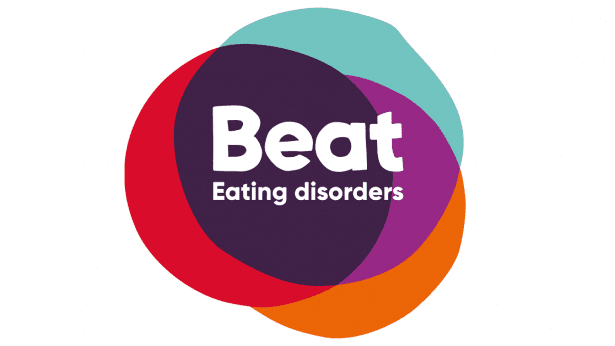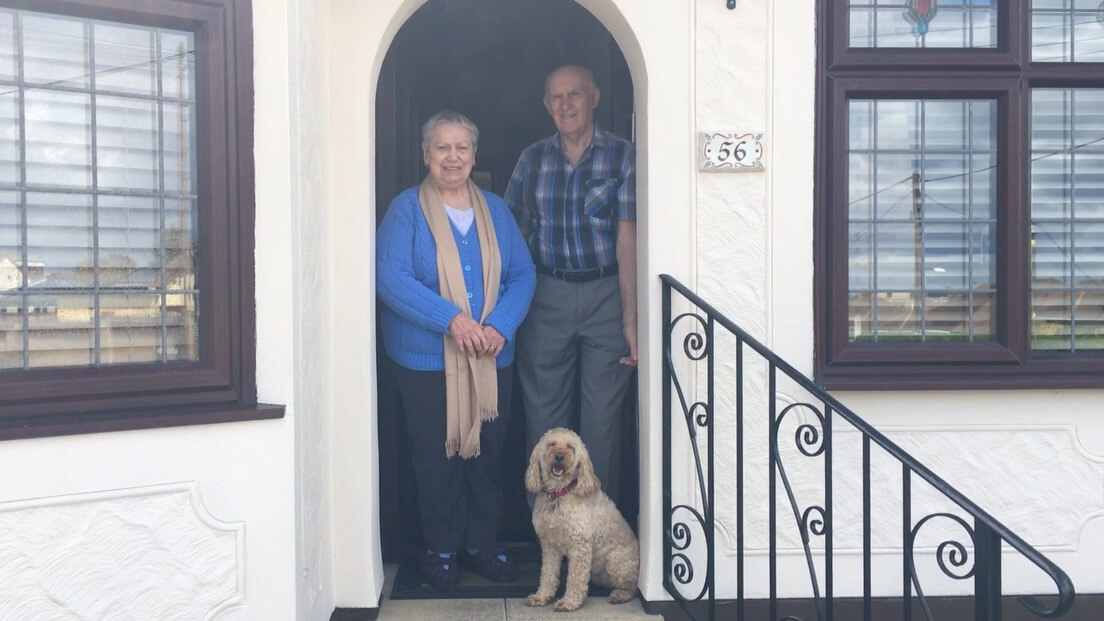Recent statistics from the Office for National Statistics show that suicide among young people between the age of 15 and 19 is at the highest in 10 years (up to 2015) in the UK.
The figure was at 145 ten years ago (from 2015); five years ago (from 2015) the number fell dramatically to 110 in 2010, but now the lives lost have risen once more to 156 in 2014.
These statistics come after the sudden death of Morgan Dodds, 15, from Gateshead, who took her own life back in November 2015, after she was bullied.
With young people having more access to technology, there is a suspicion that bullying has become easier through the use of social media, potentially leading to these tragic figures.
Papyrus is a non-profit organisation that strives for the prevention of young people taking their own lives.
Alexis Hesketh, suicide prevention coordinator for Papyrus, said: “In some cases, it may be that there is a predominant factor that may have had an impact on that individual. For example, if a young person is bullied, this will have an impact on their self-esteem, their sense of worth as well as their confidence. They may feel as though they are unable to seek help – or don’t know where to seek help.
“The technological advances in recent years have meant that a lot of the socialising and networking that young people do today is online. We, as a society, need to educate our young people about being safe online. It is about safe use of the Internet.”
According to Cyber bullying statistics from the i-SAFE foundation, over half of adolescents and teens have been bullied online, and about the same number have engaged in cyber bullying themselves.
Moroz Child Psychology Group specialises in helping children who are struggling with bullying, depression and other forms of mental health.
Kelly Scott Moroz, M.Sc of Moroz Child Psychology Group, said: “Ultimately, suicide is a decisive action and is a situation whereby the teen/young adult is feeling both helpless and hopeless.
“I believe that with the ability of teens to stay so connected in a mass type of way, that the experience of cyber bullying could lead to greater feelings of being unable to avoid the bullying situation, and the bullying, because it is recorded on social media and can feel more permanent and long-standing to the victim.”
Dave Anderson, MP for Blaydon, said: “We need to get to the root cause of why we are seeing this escalation in suicide within young people. Is it driven by financial worries, social breakdown or is it seen as almost acceptable or at least an understandable answer to the questions that modern life pose to our young people?
“Without understanding the drivers we will not see a solution and it is in this area that priority should be given and engaging with young people is key in this.”
Tyneside Mind is another health and well being centre specialising in all things related to mental health.
Stuart Dexter, chief executive of Tyneside Mind, said: “Tyneside & Northumberland Mind have seen an increase in the mental health needs of young people and it seems that traditional services are failing to meet these needs.
“Whilst we can’t point to technology, social media and the internet as directed causes of mental health problems, self-harm and suicide, we do have evidence that this technology can worsen some problems.
“Social media can be used to share wounds inflected through self-harm, or research methods for taking ones’ own life. This can ‘normalise’ self-harm and suicide as a rational response to life’s challenges rather than encouraging people to seek help and adopt techniques to promote good emotional wellbeing and resilience”
For more information on suicide prevention, or if you are a young person at risk of suicide and/or are worried about a young person at risk of suicide you can call: 0800 068 41 41.




